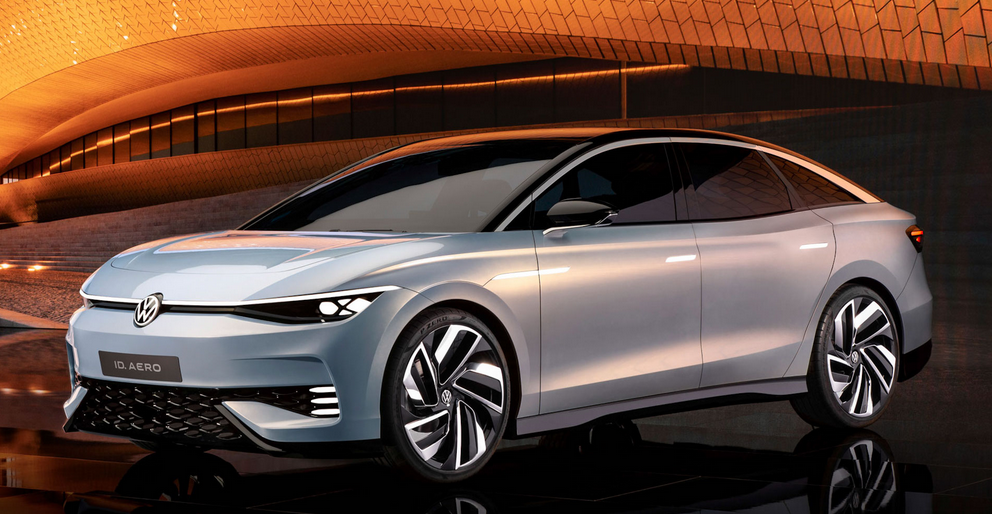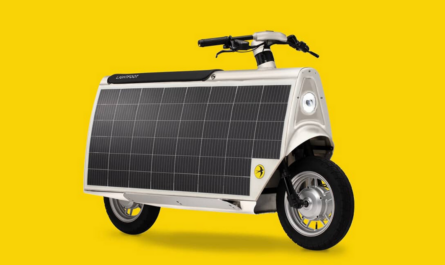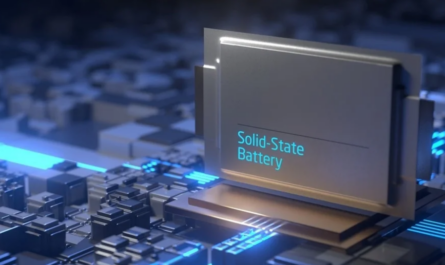Volkswagen is preparing to make a significant push in the affordable electric vehicle (EV) market with its new ID.2 model, set for release by late 2025 or early 2026. Amid delays with other EV launches, Volkswagen is positioning the ID.2 as its most budget-friendly offering, targeting a price point under $27,000, making it accessible to a wider range of buyers.
The ID.2 is part of Volkswagen’s “ID” series of electric vehicles, which has so far focused primarily on higher-end models. This launch represents a strategic shift toward producing entry-level EVs for consumers seeking sustainable, cost-effective alternatives without sacrificing comfort or style.
Volkswagen unveiled the ID.2all concept in March 2023, signaling the company’s commitment to delivering a competitively priced EV with practical range and modern technology.
Design Inspired by Volkswagen Classics
The ID.2 concept takes design cues from Volkswagen’s iconic vintage models, including the Beetle and Golf. According to Volkswagen’s head of research and development, the company is drawing inspiration from its heritage to craft a modern yet nostalgic EV.
Lead designer Andreas Mindt explained that the ID.2’s updated version would feature a classic-inspired interior with “vintage” driving modes and displays reminiscent of earlier Volkswagen eras. These nostalgic elements aim to connect with loyal VW fans while appealing to a new generation of EV buyers.
The exterior design balances retro influences with modern aesthetics, giving the ID.2 a friendly yet dynamic presence on the road. Volkswagen promises that the ID.2 will feel spacious and practical, despite its compact, budget-friendly profile.
Specifications and Platform
The ID.2 is built on Volkswagen’s new MEB Entry Platform, a modular architecture designed for smaller EVs. This platform allows the ID.2 to maintain a longer wheelbase, resulting in additional interior space. Volkswagen describes the ID.2 as being “as affordable as a Polo, yet as spacious as a Golf.”
The vehicle is expected to offer a driving range of up to 279 miles (450 kilometers) on a single charge, making it suitable for both city commuting and longer trips. Its combination of efficiency, affordability, and range is intended to address the growing demand for accessible electric vehicles in Europe and beyond.
Munich Motor Show Debuts: SUV and GTI Versions
Volkswagen is planning to showcase SUV and GTI variants of the ID.2 at the Munich Motor Show in September 2025. These models will expand the appeal of the ID.2 lineup, offering performance-oriented and utility-focused options alongside the standard entry-level model.
The SUV variant is expected to cater to families and urban drivers seeking versatile EV solutions, while the GTI version targets enthusiasts looking for a sportier, performance-driven experience. Both versions are anticipated to maintain the ID.2’s balance of affordability and practicality.
Industry Context and Challenges
The launch of the ID.2 comes at a time when the EV market is becoming increasingly competitive. While Chinese automakers have heavily invested in producing low-cost EVs to dominate global markets, European manufacturers have faced criticism for focusing too much on premium electric models.
Volkswagen has experienced sluggish growth in the EV segment and declining sales in certain markets. The company has responded with cost-cutting measures, including plans to close at least three German factories, lay off thousands of workers, and reduce wages by 10%. The ID.2 is part of Volkswagen’s broader strategy to reinvigorate growth by targeting the affordable EV segment.
By introducing a budget-friendly model with strong heritage-inspired design, Volkswagen aims to compete with entry-level EVs from other manufacturers, particularly those from China that have gained traction globally. The ID.2 is expected to attract buyers who want modern electric mobility without premium pricing.
ID.2: A New Starting Point for Volkswagen
Volkswagen’s Kai Grünitz, head of tech development, described the ID.2 as a “new starting point” for the ID electric car series. The company plans a broader redesign and major upgrades to the ID lineup beginning in 2026, using the ID.2 as a benchmark for affordable, innovative, and heritage-inspired EVs.
The ID.2’s emphasis on practicality, range, and nostalgic design reflects a strategic effort to balance modern electric mobility with Volkswagen’s storied history. By providing a vehicle that is both budget-conscious and stylish, Volkswagen hopes to broaden the appeal of electric cars across Europe and potentially other international markets.
Looking Ahead
The Volkswagen ID.2 is shaping up to be a critical model in the company’s electric vehicle strategy. Its combination of affordability, range, and heritage-inspired design positions it as a strong contender in the competitive EV market.
With the planned SUV and GTI variants debuting at the Munich Motor Show, the ID.2 lineup promises to offer something for both everyday drivers and performance enthusiasts. As Volkswagen rolls out the ID.2 by late 2025 or early 2026, it aims to strengthen its presence in the entry-level EV segment while reaffirming its commitment to innovation and sustainability.
By addressing both market demand and brand legacy, the ID.2 could become a cornerstone of Volkswagen’s EV future, offering drivers a practical, stylish, and accessible electric vehicle option that bridges the gap between affordability and modern technology.




